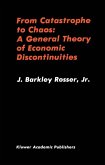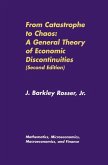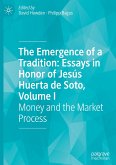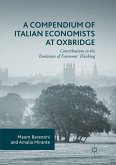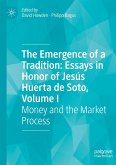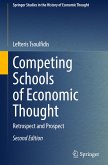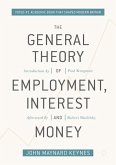Prominent economists including Nassau Senior, Eugene von Böhm-Bawerk, Gustav Cassel, Irving Fisher, Walter Eucken, and Robert Dorfman have recognized or toyed with the idea of waiting as a factor of production, but this concept has not yet been explored in its entirety until now. In this book, Leland B. Yeager and Steve H. Hanke dive into the economic theory behind waiting and contextualize its relevance to modern-day monetary policy.
Capital, Interest, and Waiting challenges economists to reconsider capital theory. The arguments presented within the book embrace extant literature on capital theory, including the numerous controversies, puzzles, and debates crowding the subject. These debates range from the Cambridge controversies triggered by Joan Robinson's work to the famous "reswitching" problem to a broader array of important problems in capital theory that were laid out by Walter Eucken, among others.
Leland B. Yeager and Steve H. Hanke present, discuss, and resolve these many complexities of capital theory. Chapters break new ground again and again by demonstrating how waiting is a factor of production and interest is its price. Those who read this book will challenge long-held beliefs relevant to monetary economics and reconsider their approach to capital theory.
Capital, Interest, and Waiting challenges economists to reconsider capital theory. The arguments presented within the book embrace extant literature on capital theory, including the numerous controversies, puzzles, and debates crowding the subject. These debates range from the Cambridge controversies triggered by Joan Robinson's work to the famous "reswitching" problem to a broader array of important problems in capital theory that were laid out by Walter Eucken, among others.
Leland B. Yeager and Steve H. Hanke present, discuss, and resolve these many complexities of capital theory. Chapters break new ground again and again by demonstrating how waiting is a factor of production and interest is its price. Those who read this book will challenge long-held beliefs relevant to monetary economics and reconsider their approach to capital theory.


